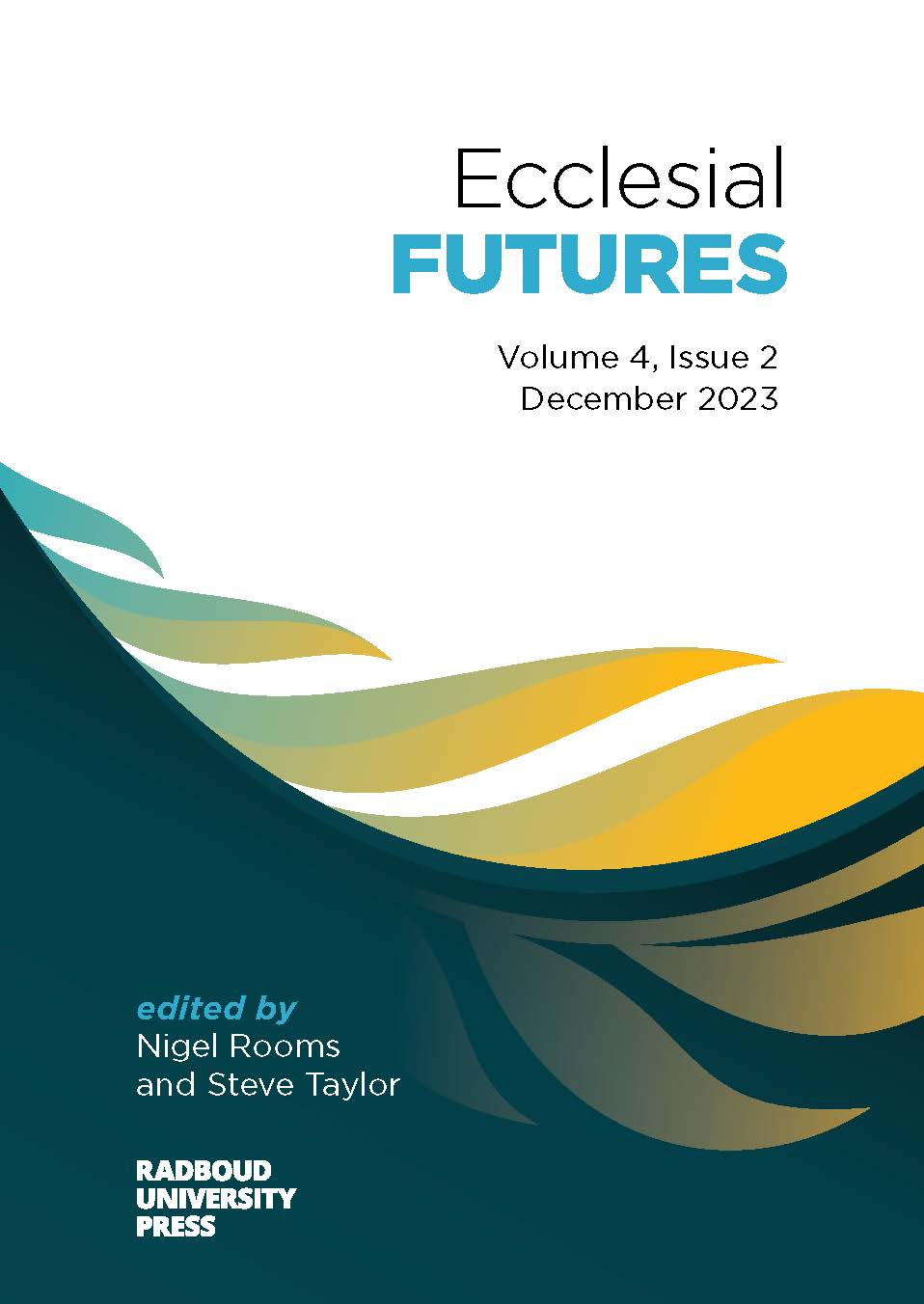The LIMM Model
Paradigm for Missiological Research
DOI:
https://doi.org/10.54195/ef13329Keywords:
Missiology, Missiological research, Missiology research model, Christocentricity, Contextuality, Missio DeiAbstract
This article offers a missiological research model based on three key missiological concepts: missio Dei, christocentricity, and contextuality (MDCC, for short). The model is derived from a practical theology model that was developed by the Layola Institute of Ministry (LIM). The author refers to the new missiological model as the LIMM model, where the added ‘M’ represents missional action.
Since the introduction of the term missio Dei, the focus has shifted from missions initiated and conducted by the church, to the one true mission – God’s mission. In the missio Dei, God sends his Son and the Spirit to the world, and through them sends people to the ends of the earth. At the same time, God is the sender and the content of the sending. The incarnation of culture is God’s message in every if great importance.
The LIMM model is characterised by the three key missiological terms mentioned above. From defining the research topic, right through to the practical suggestions for an improved experience, the researcher is guided by these missiological principles. If a research topic does not correlate to MDCC principles, it is not suitable for missiological research and another field of theology should be considered.
Downloads
Downloads
Published
Issue
Section
License
Copyright (c) 2023 Pieter Labuschagne

This work is licensed under a Creative Commons Attribution 4.0 International License.










